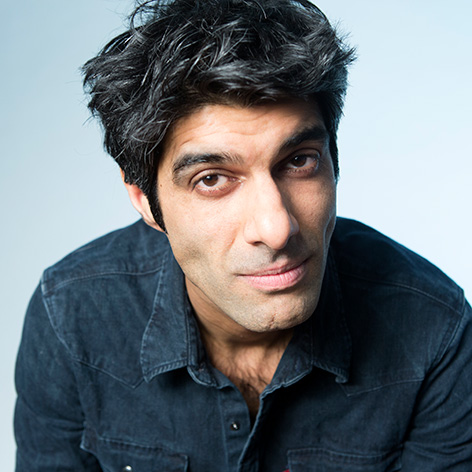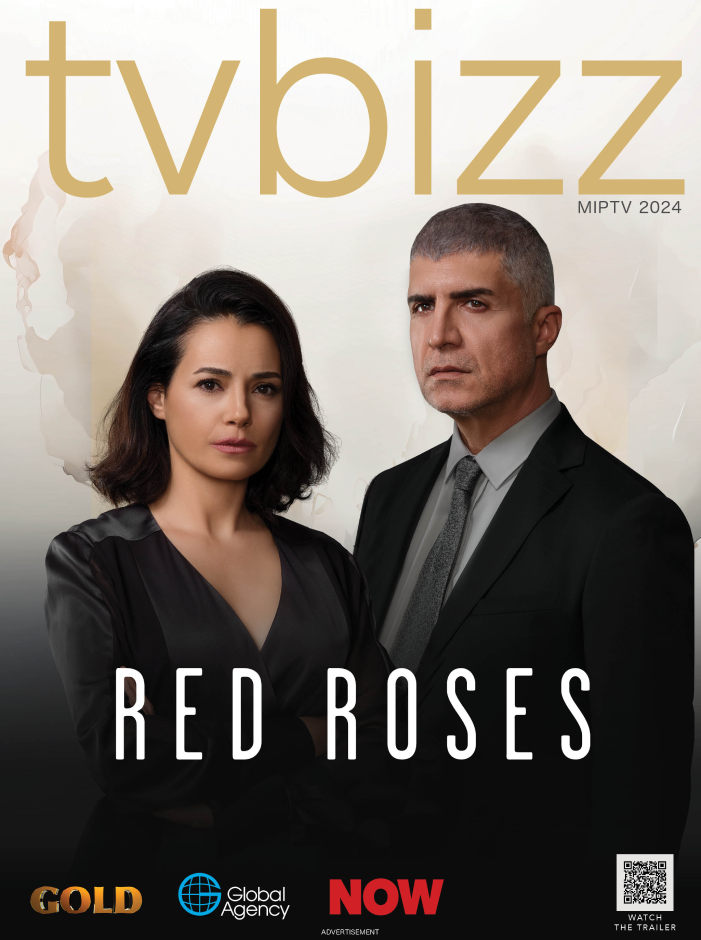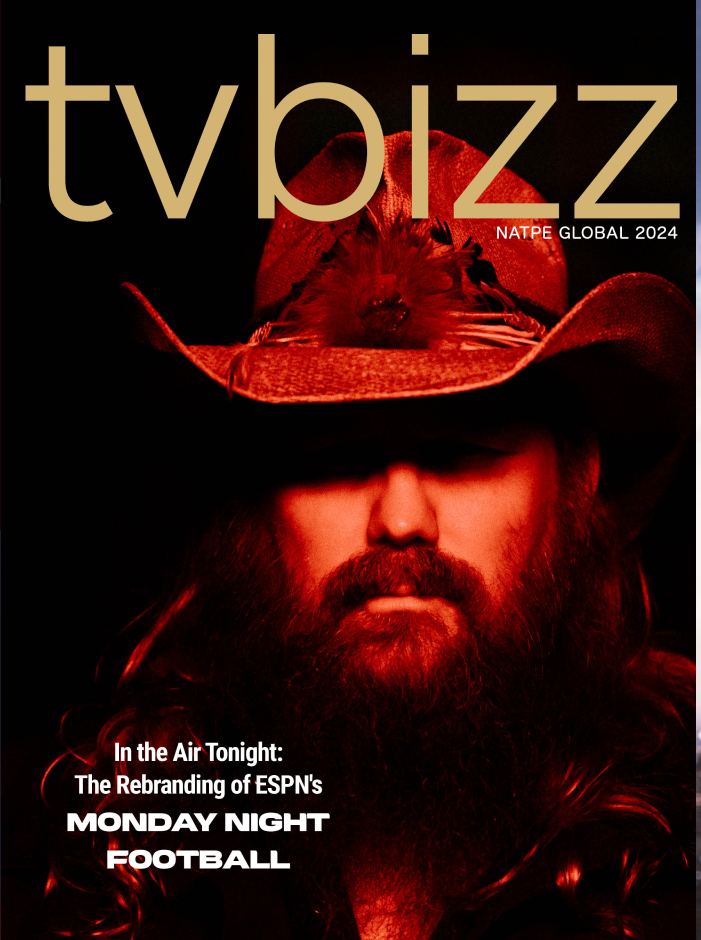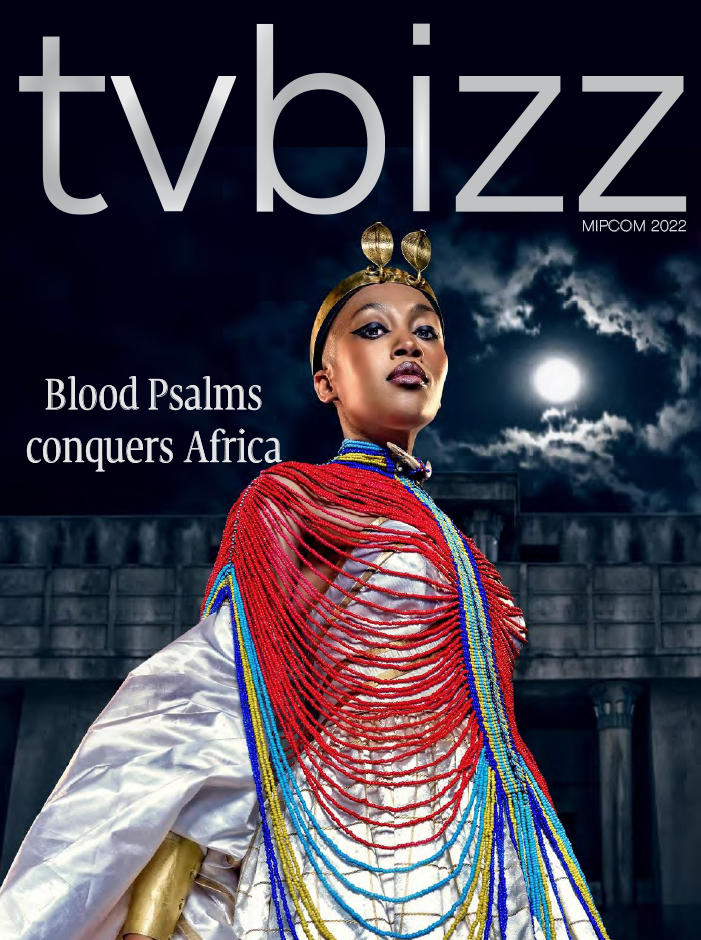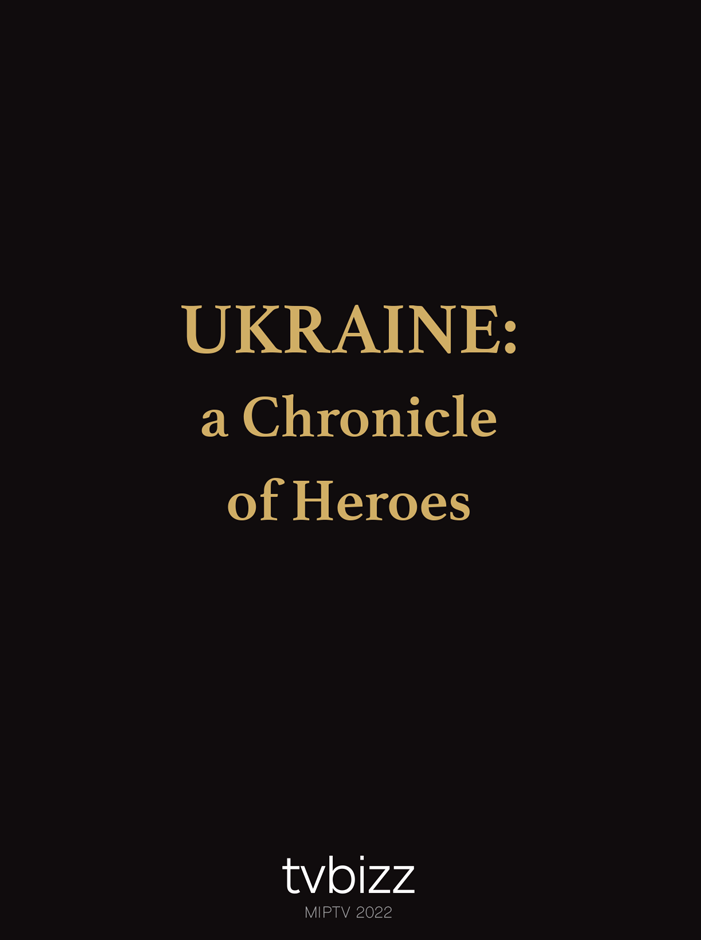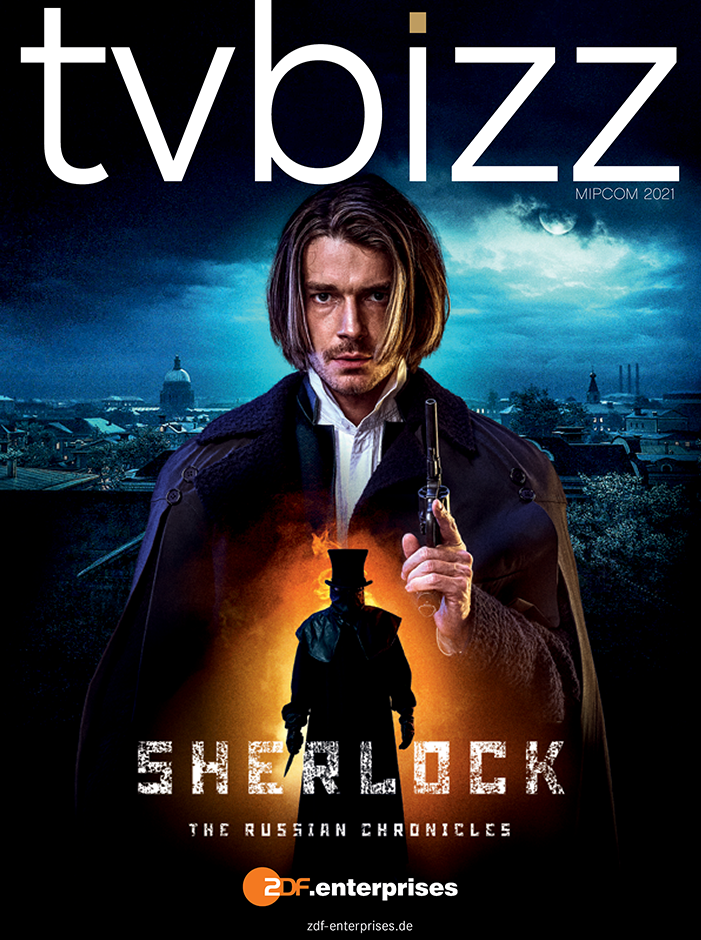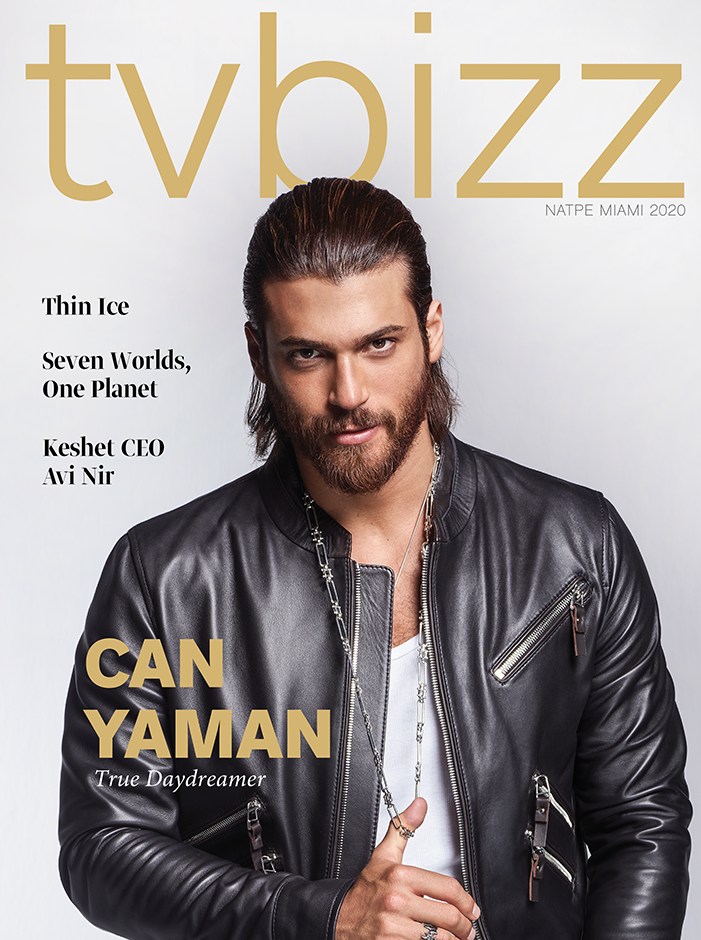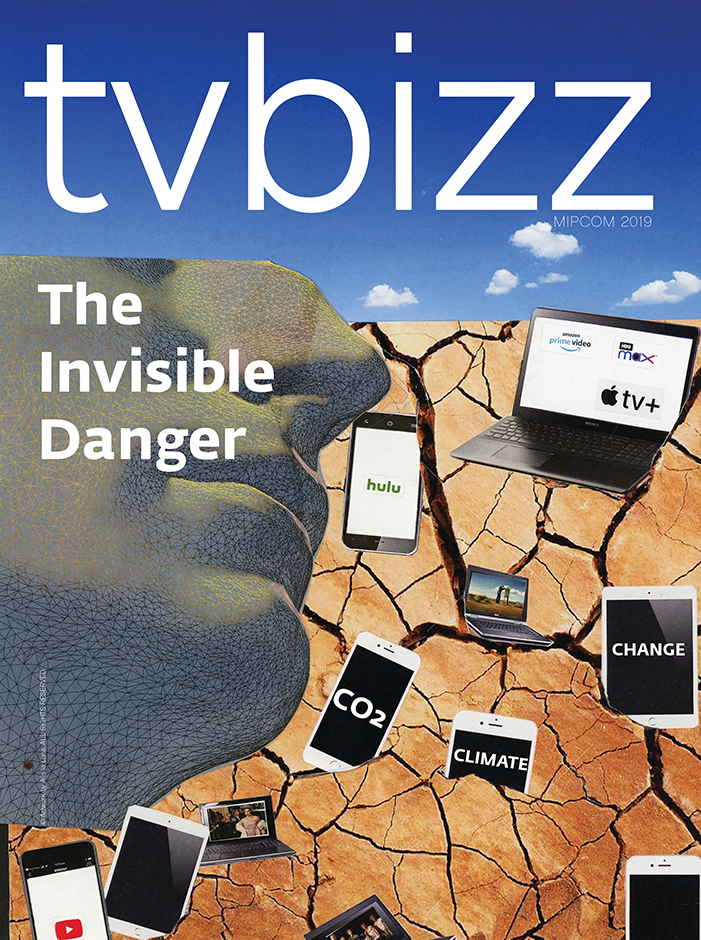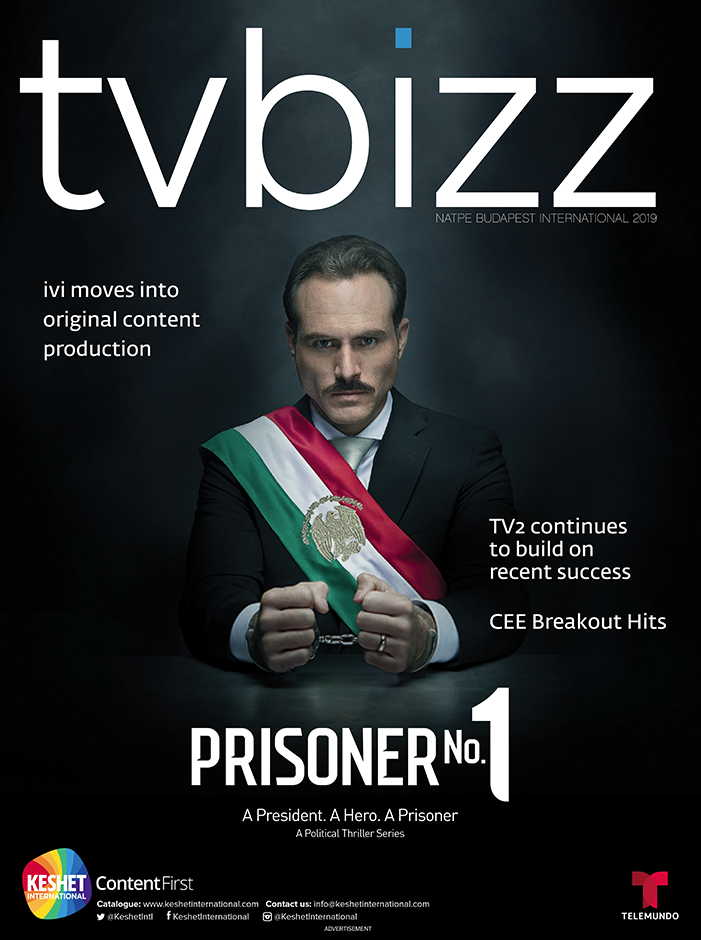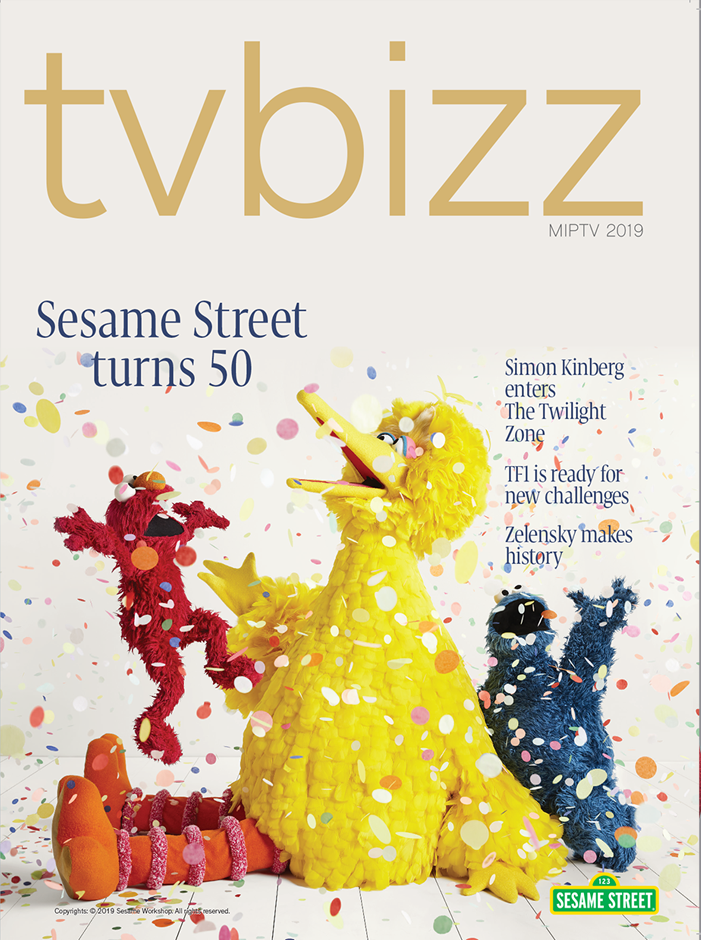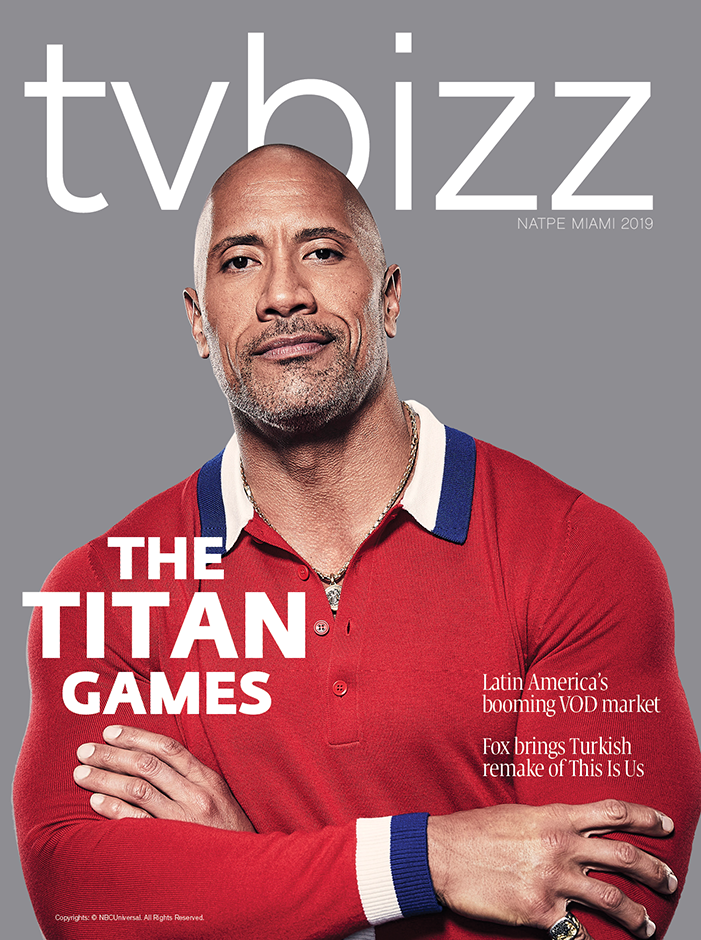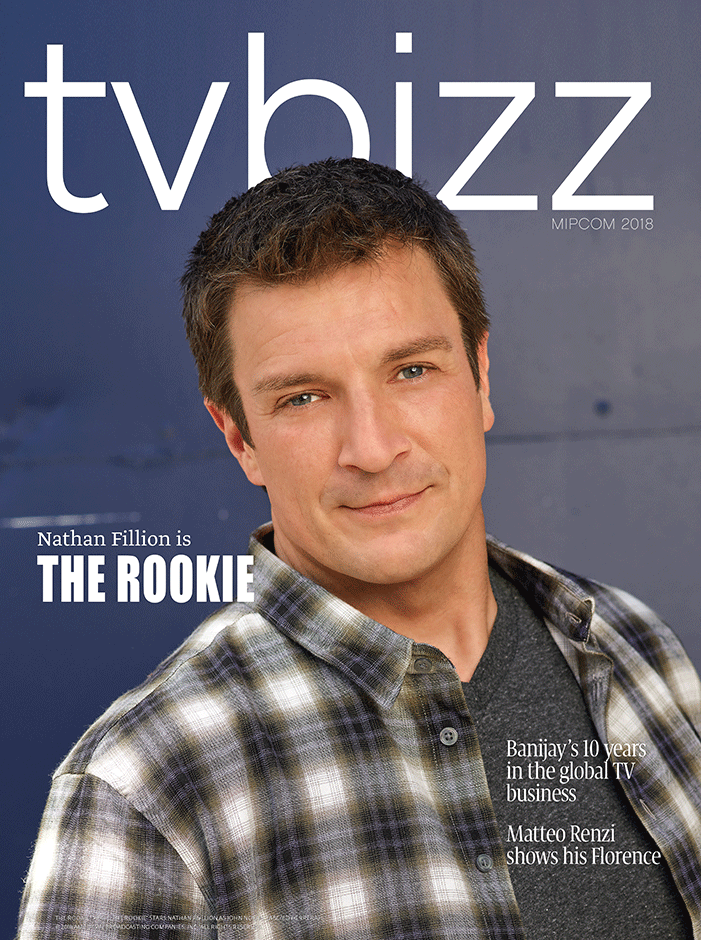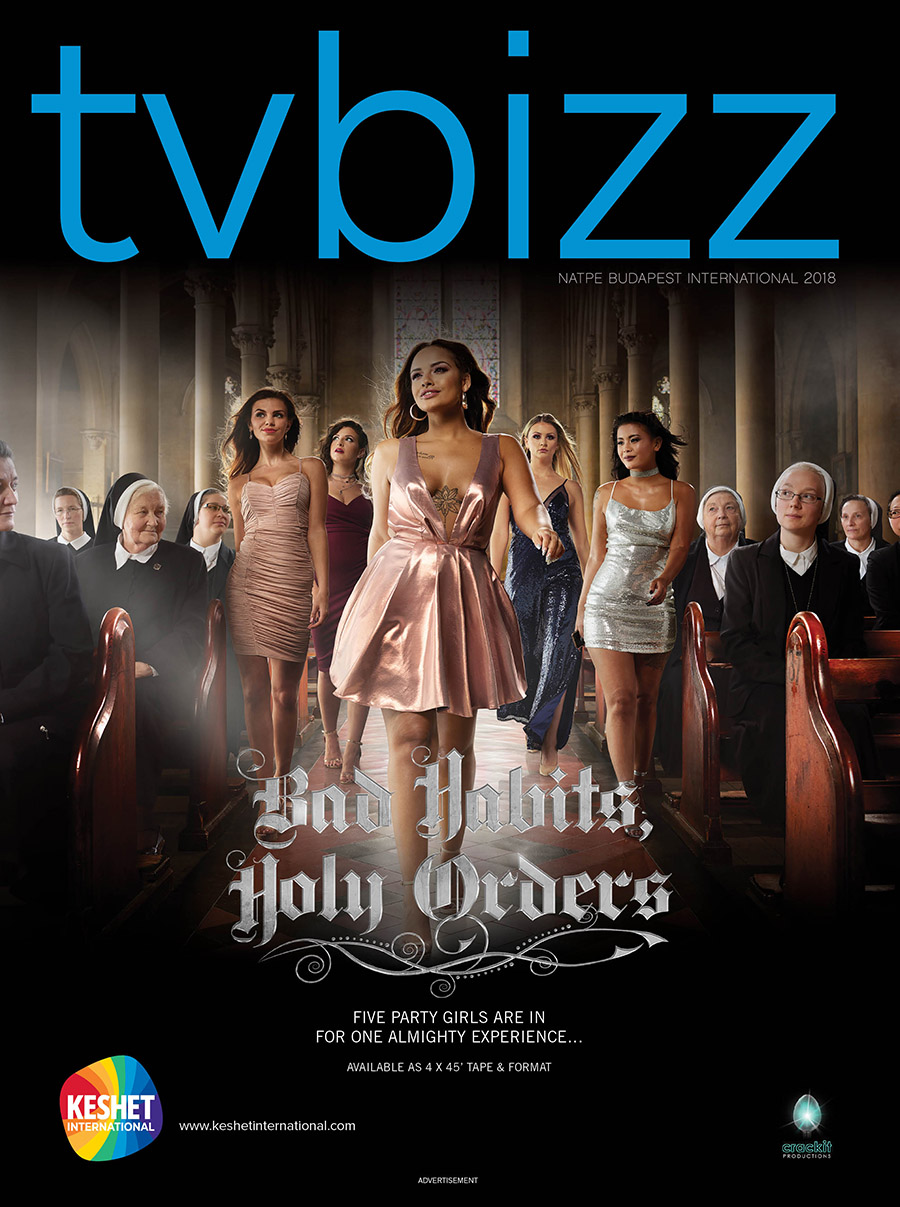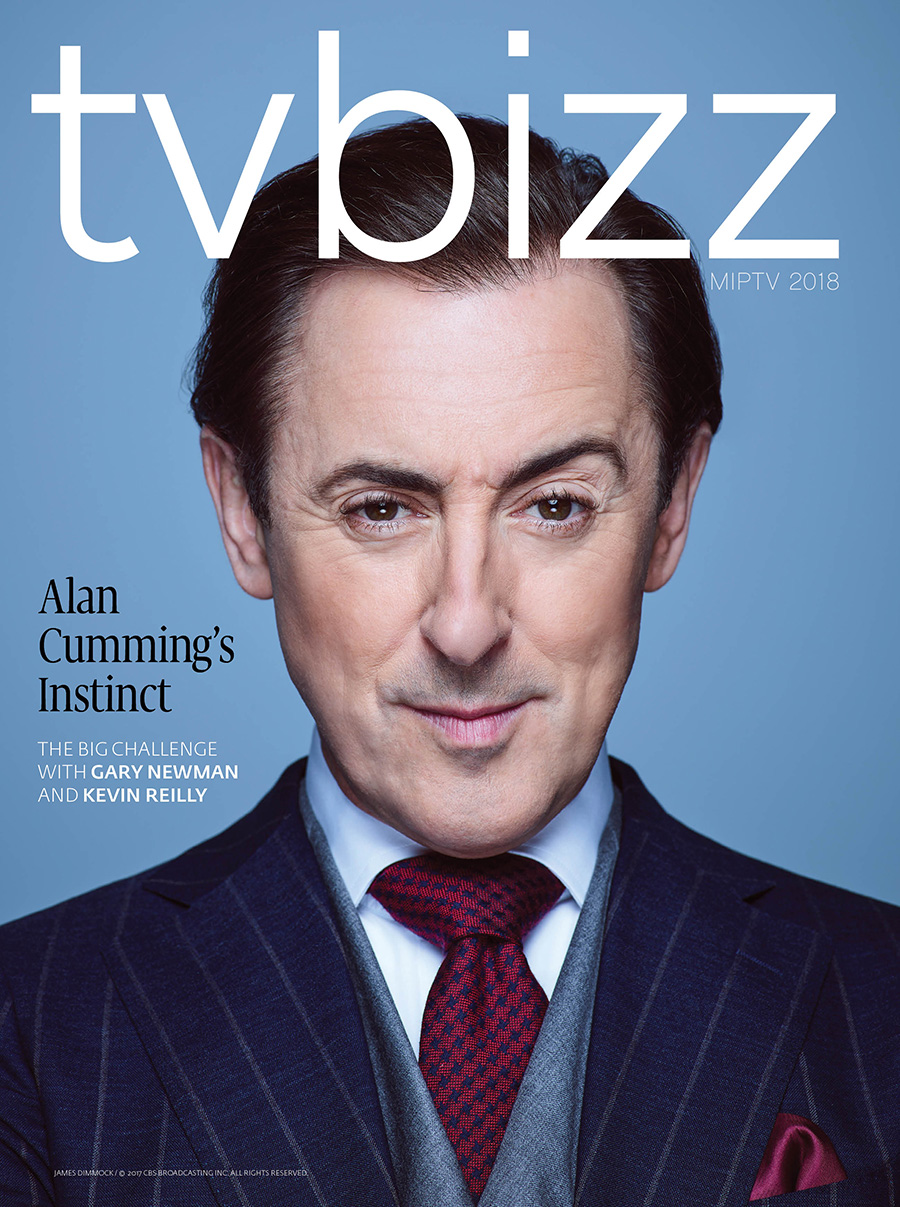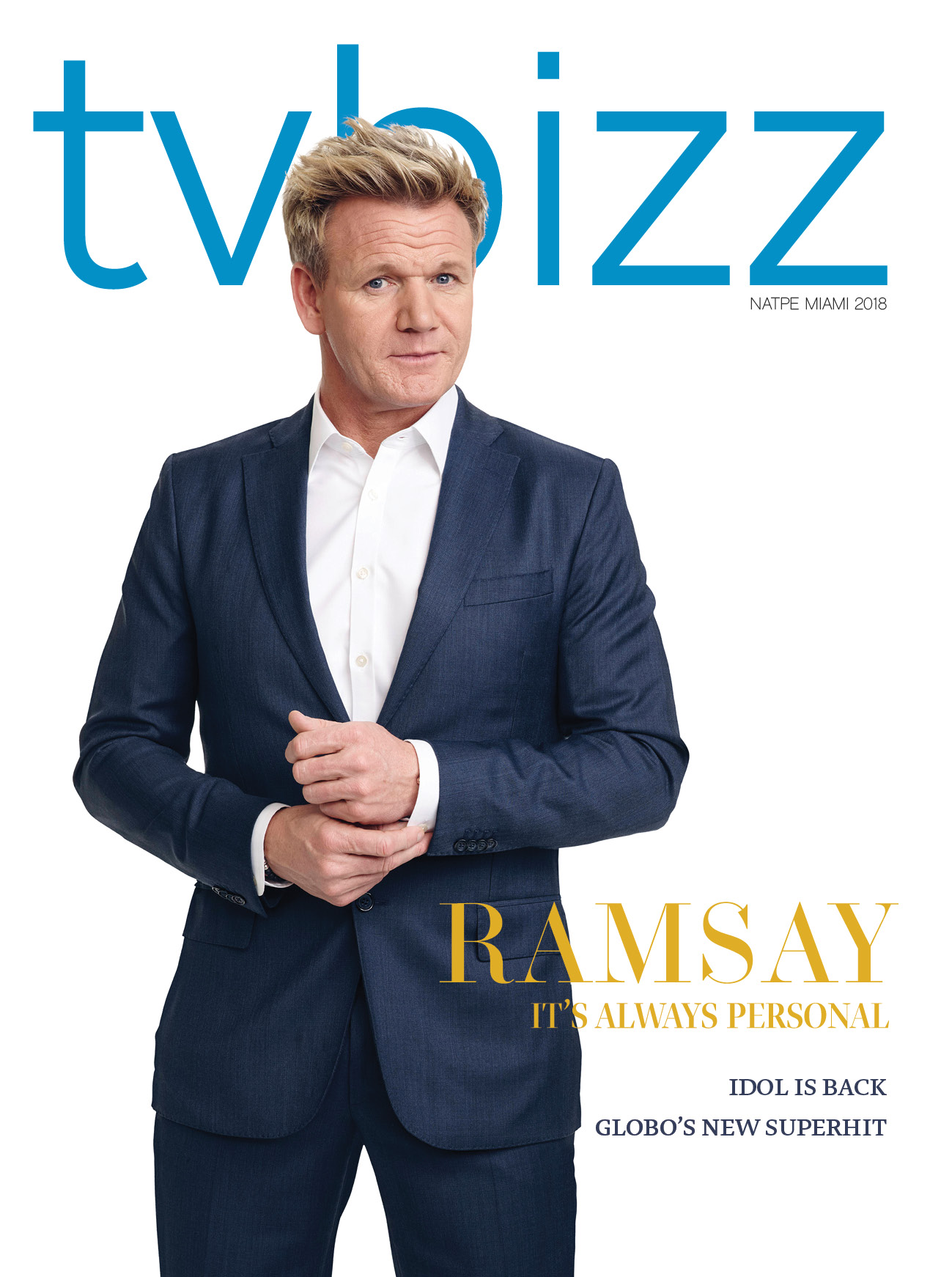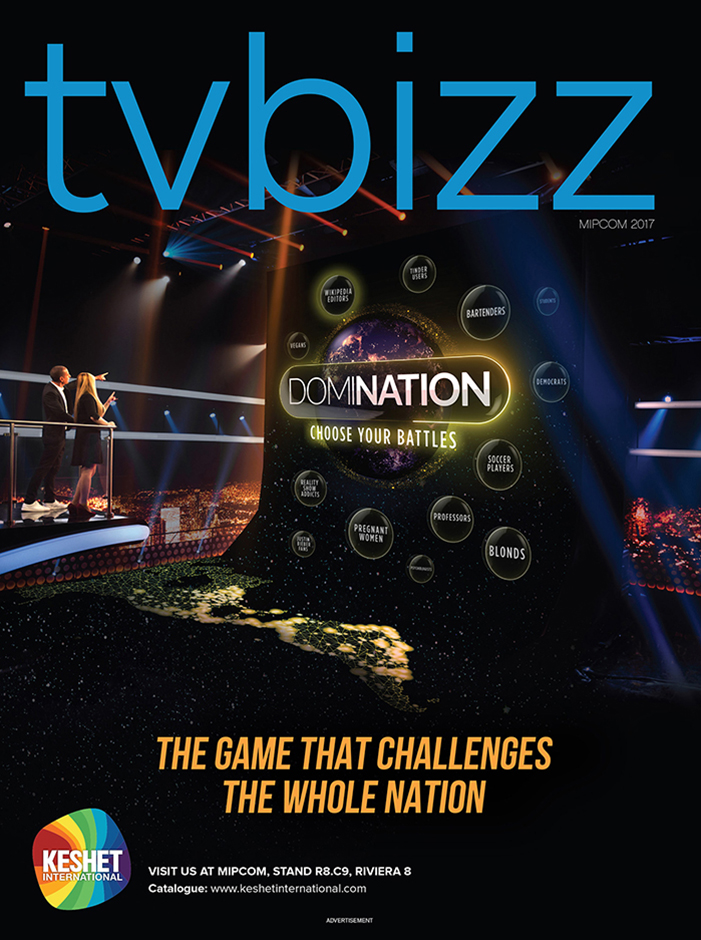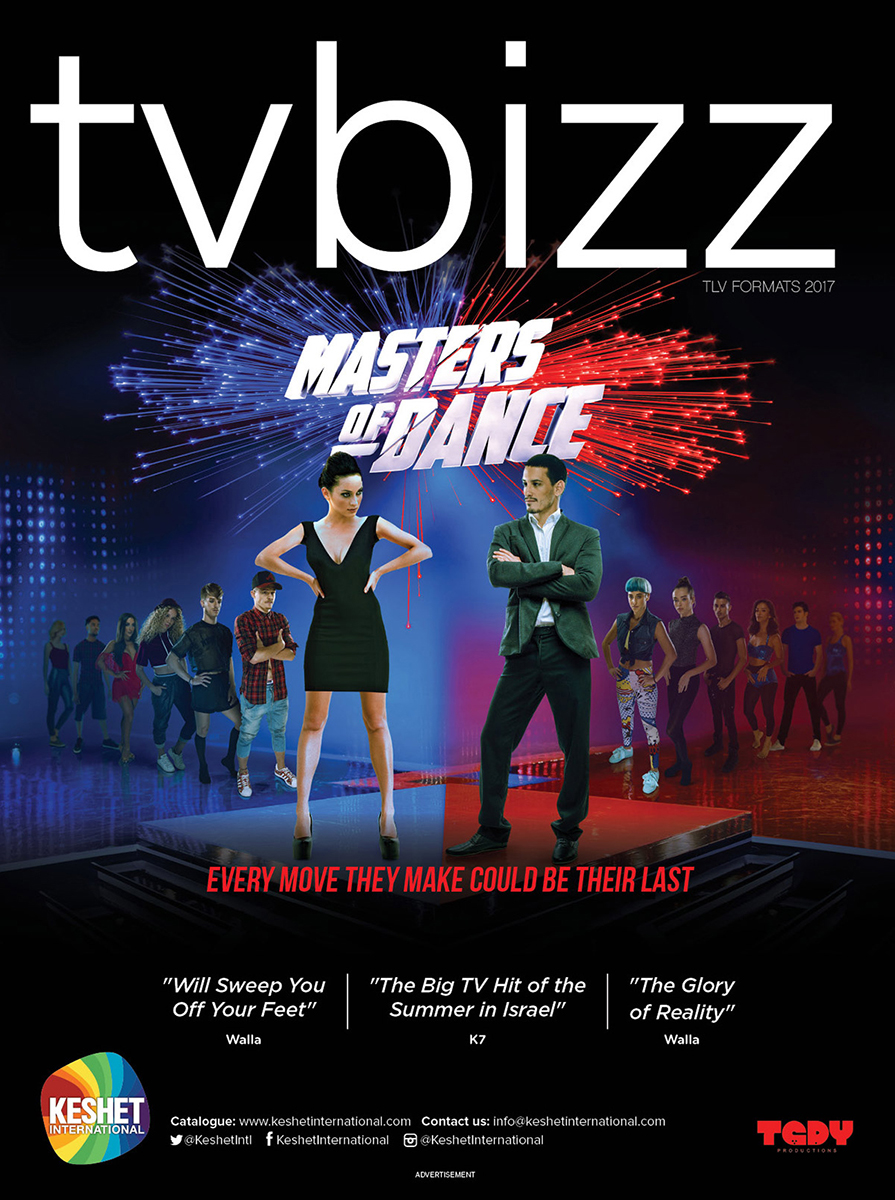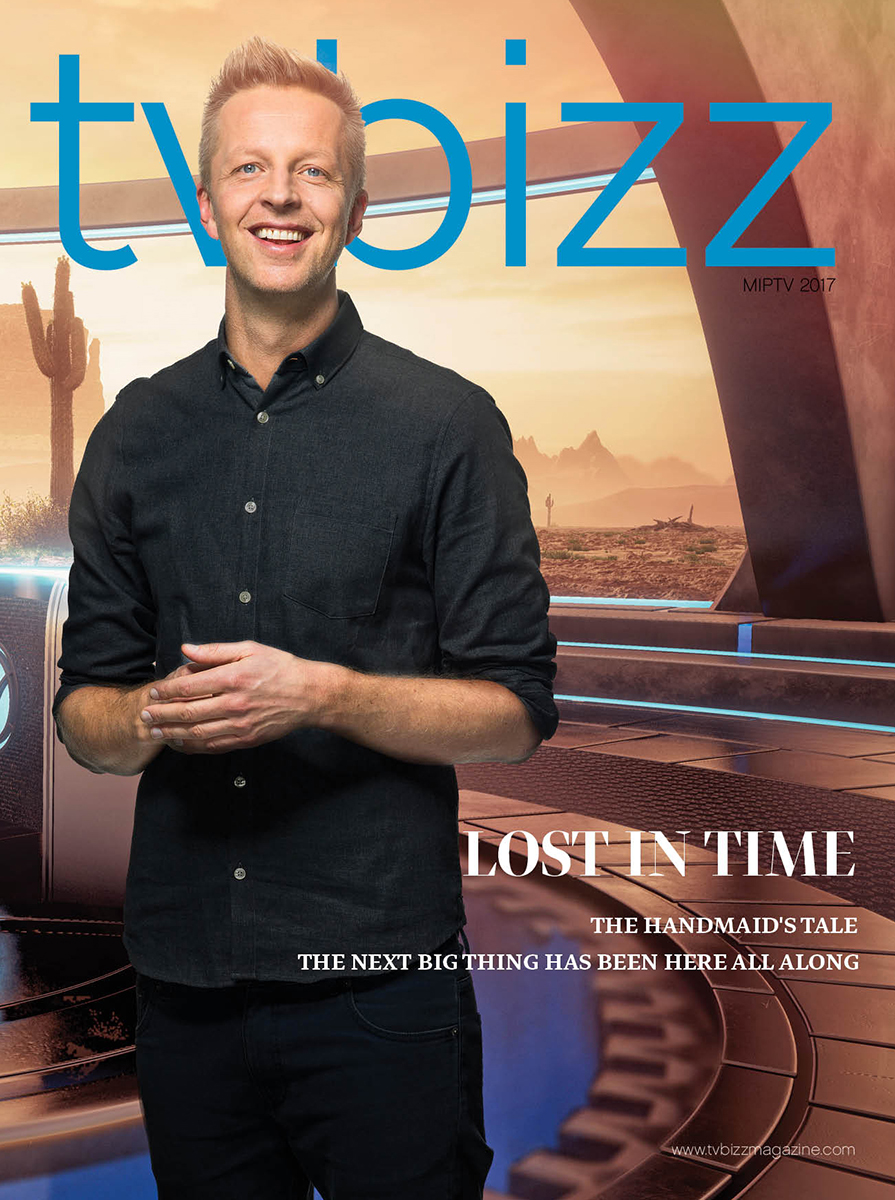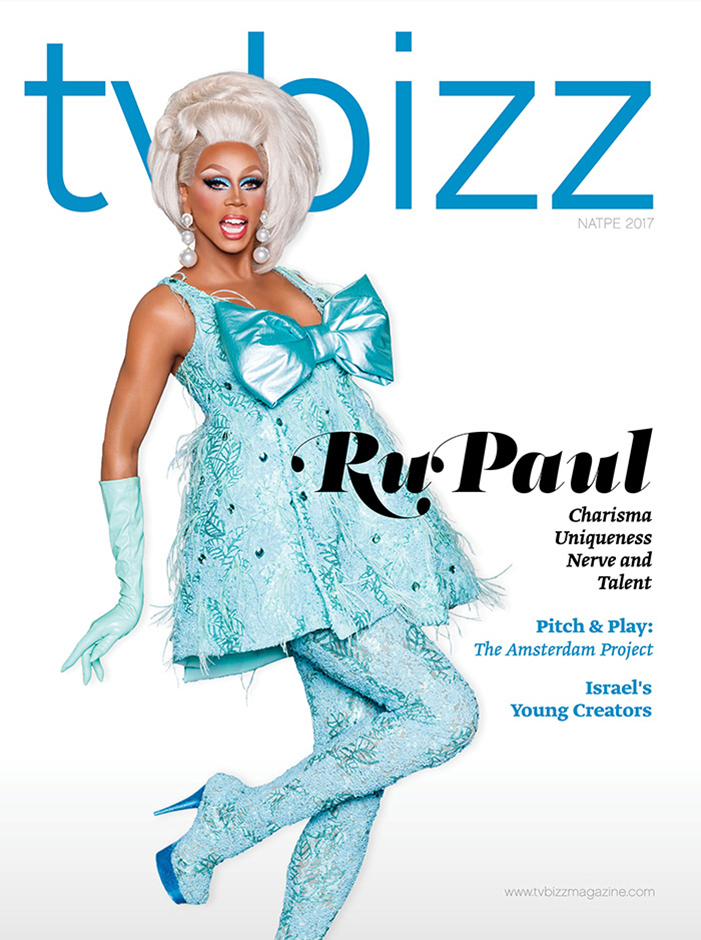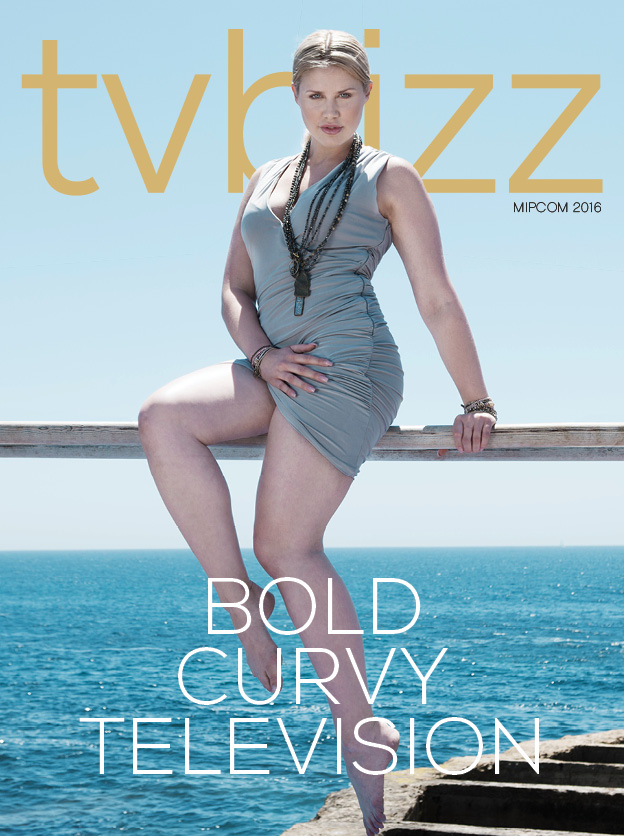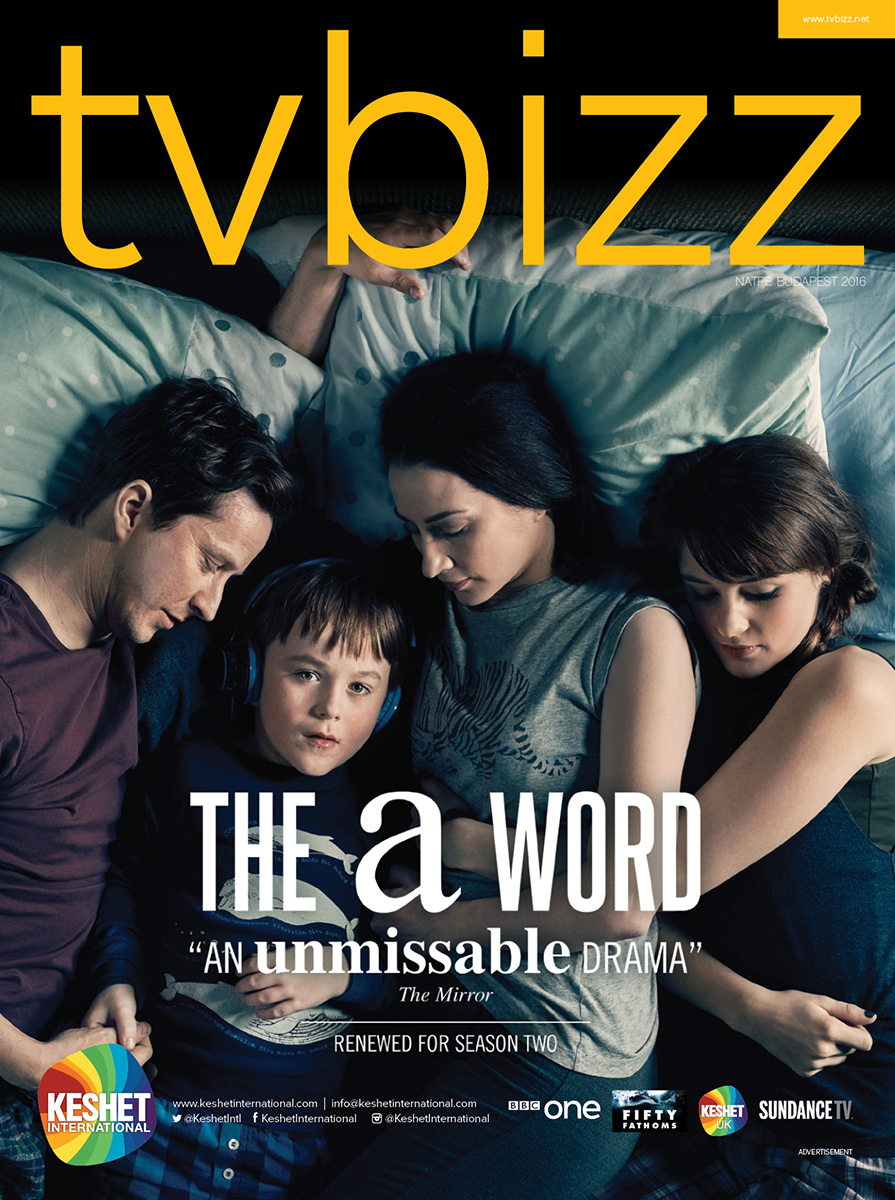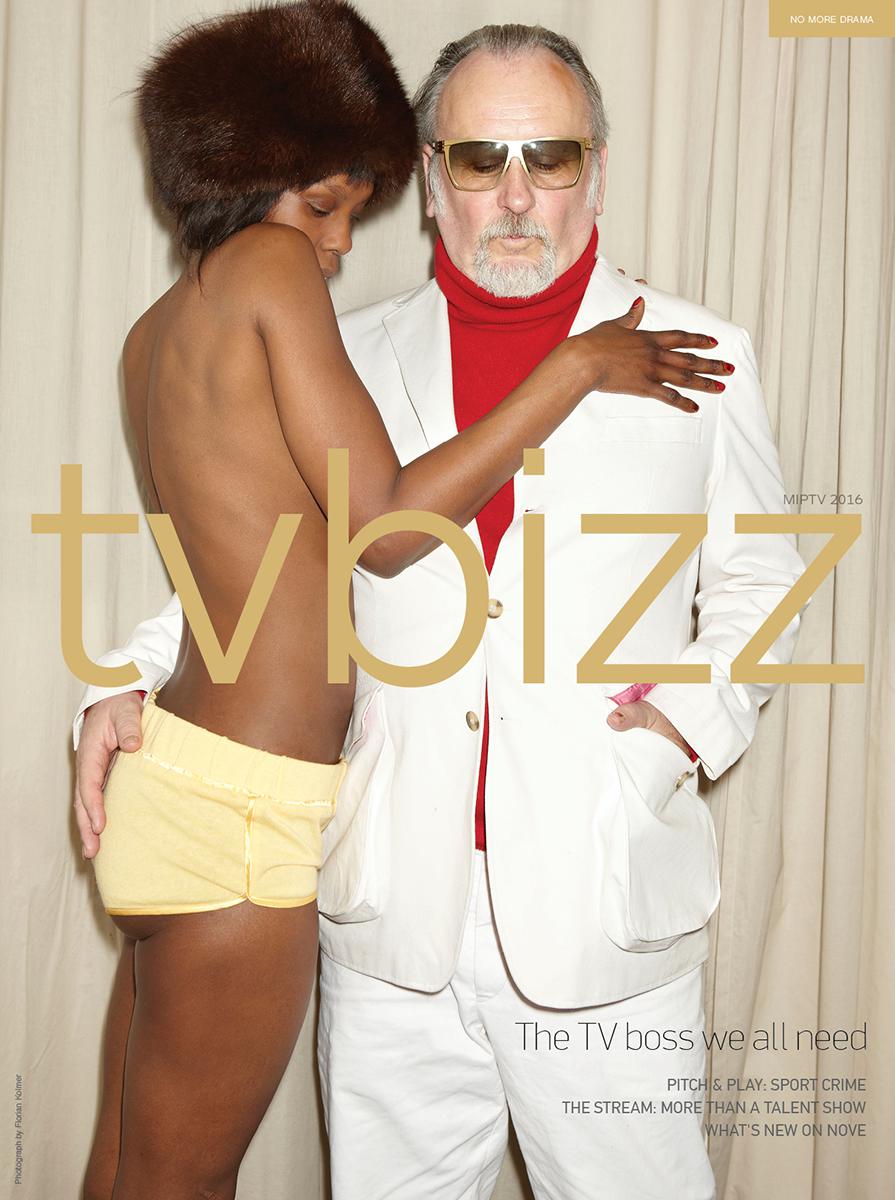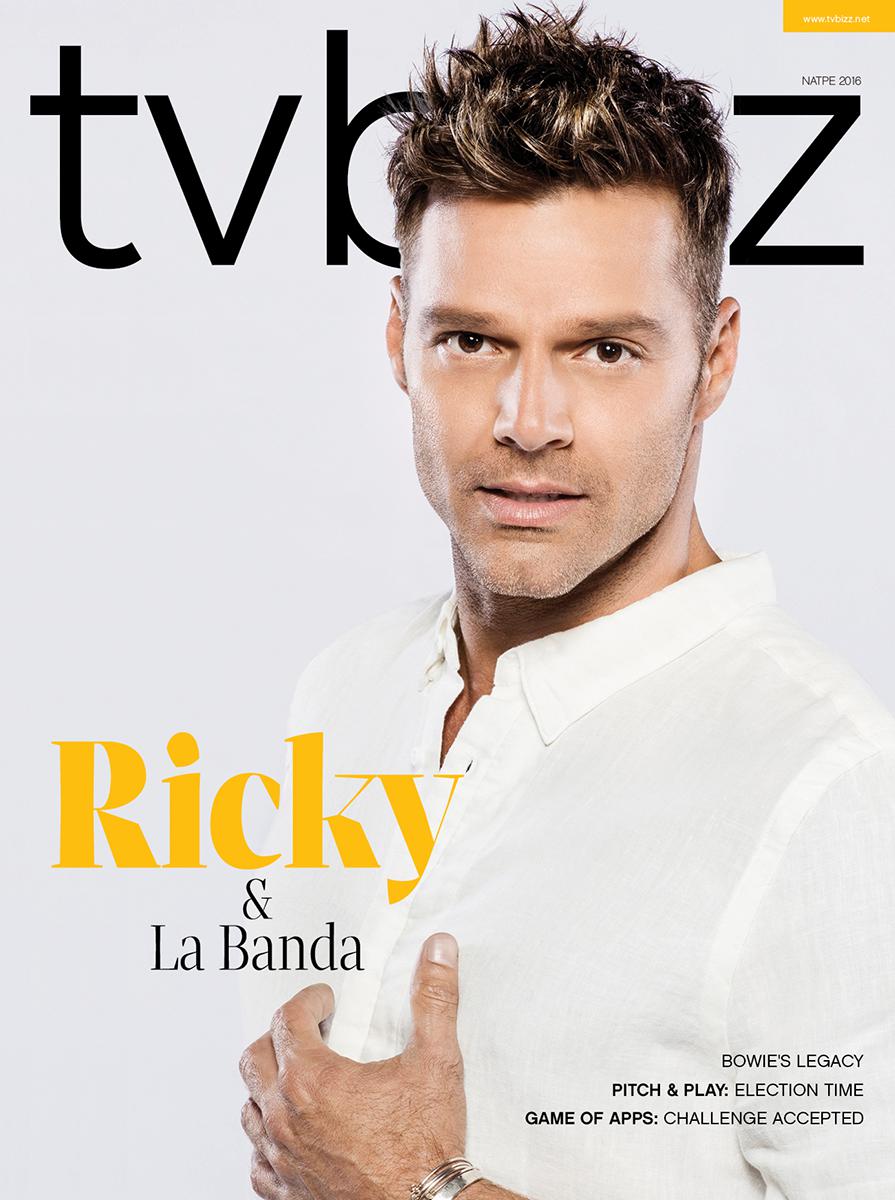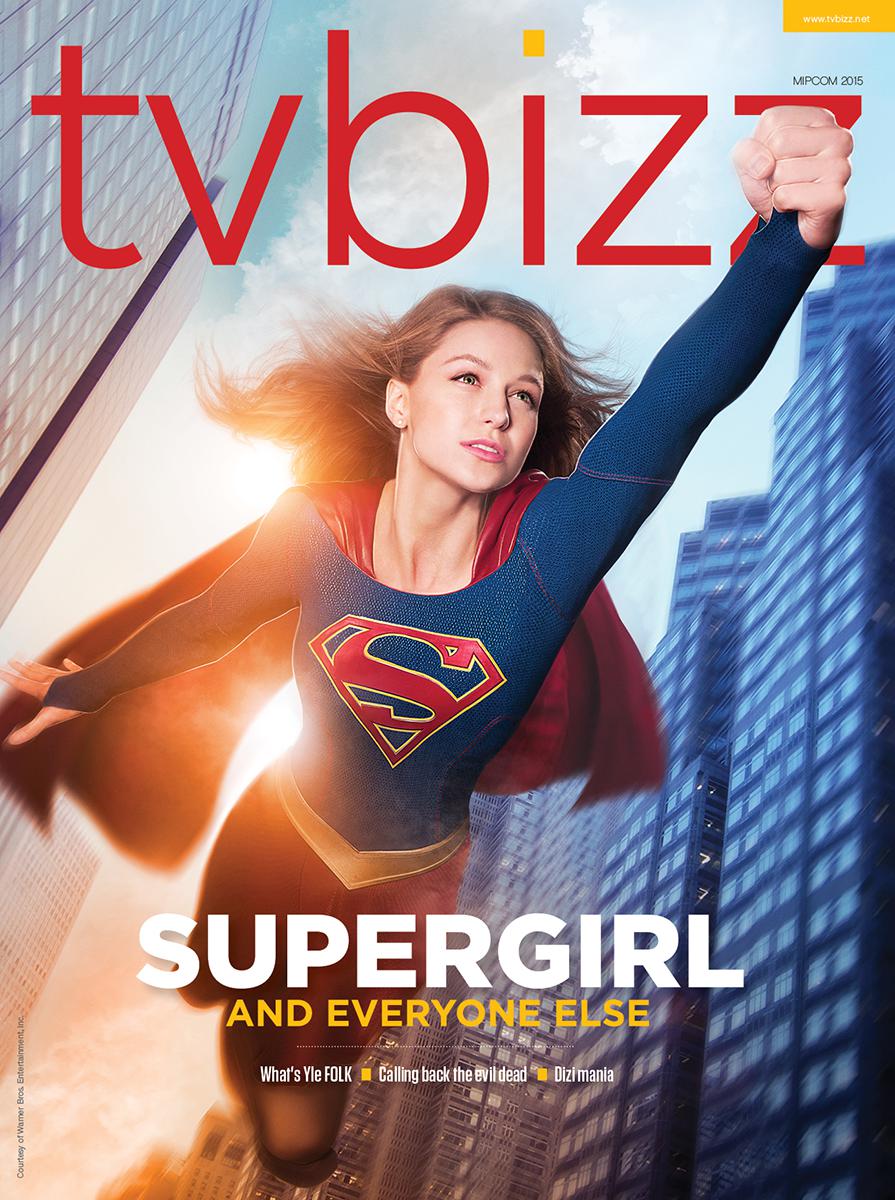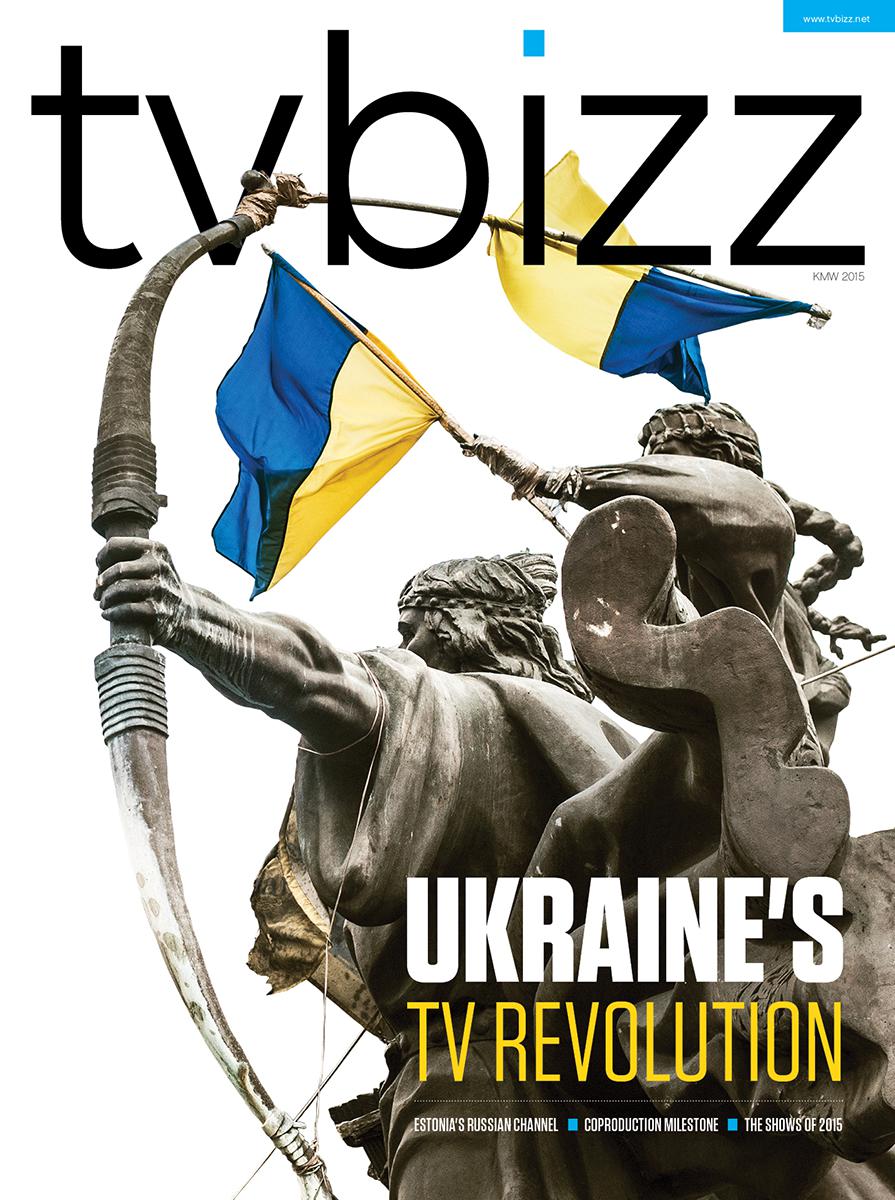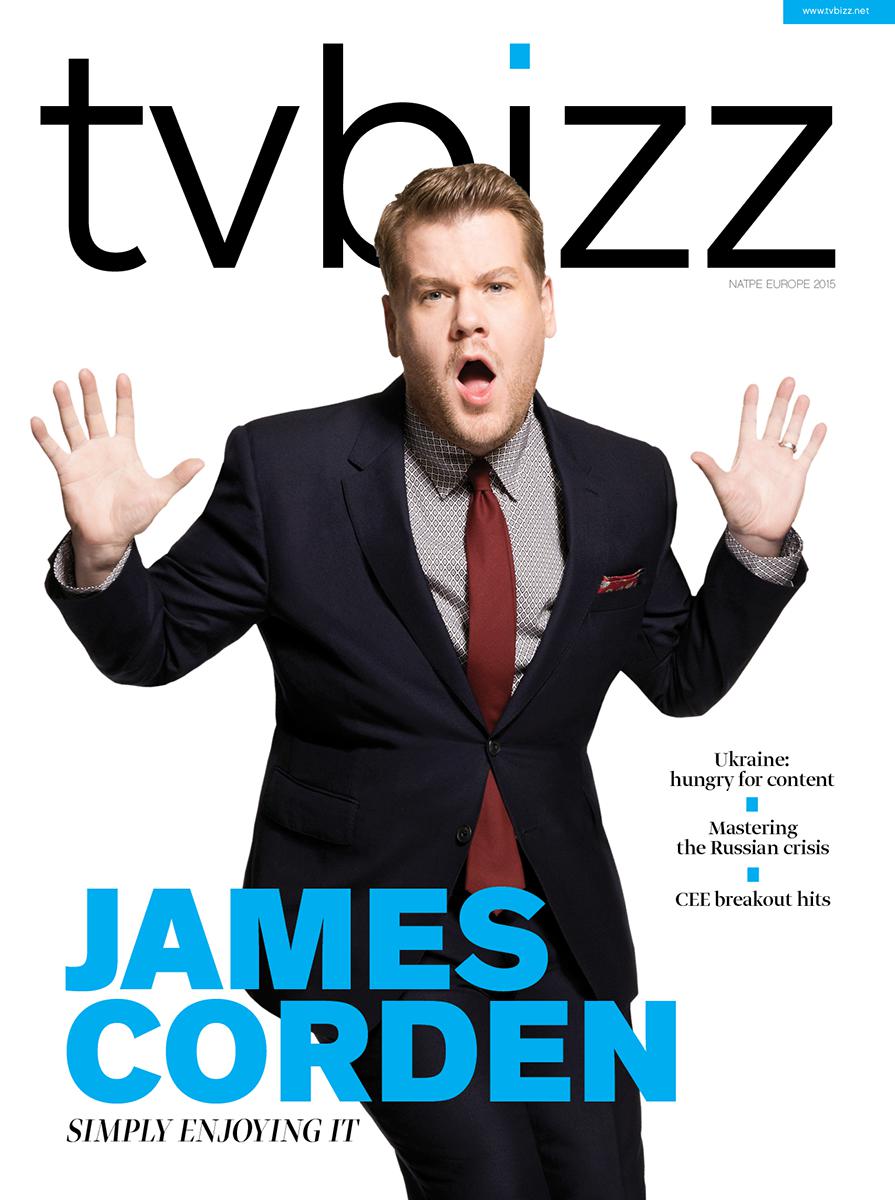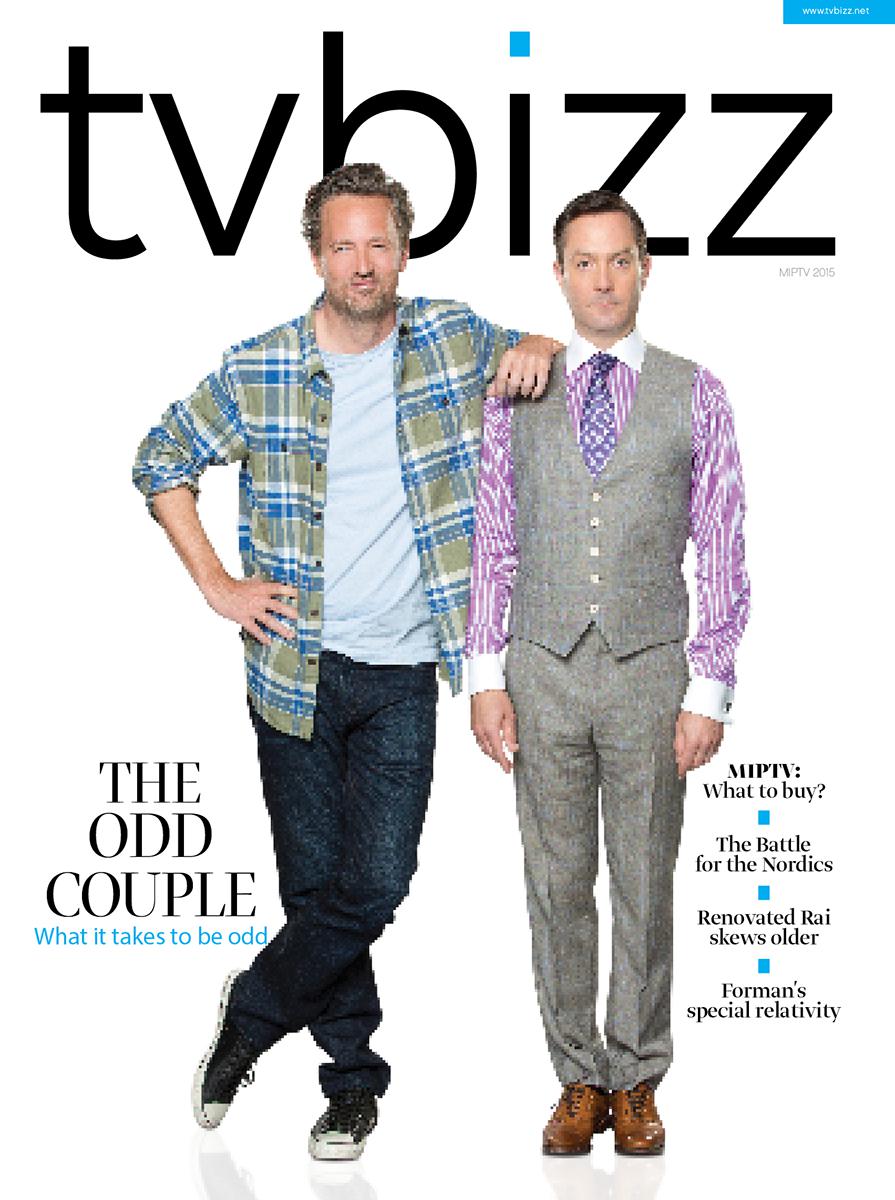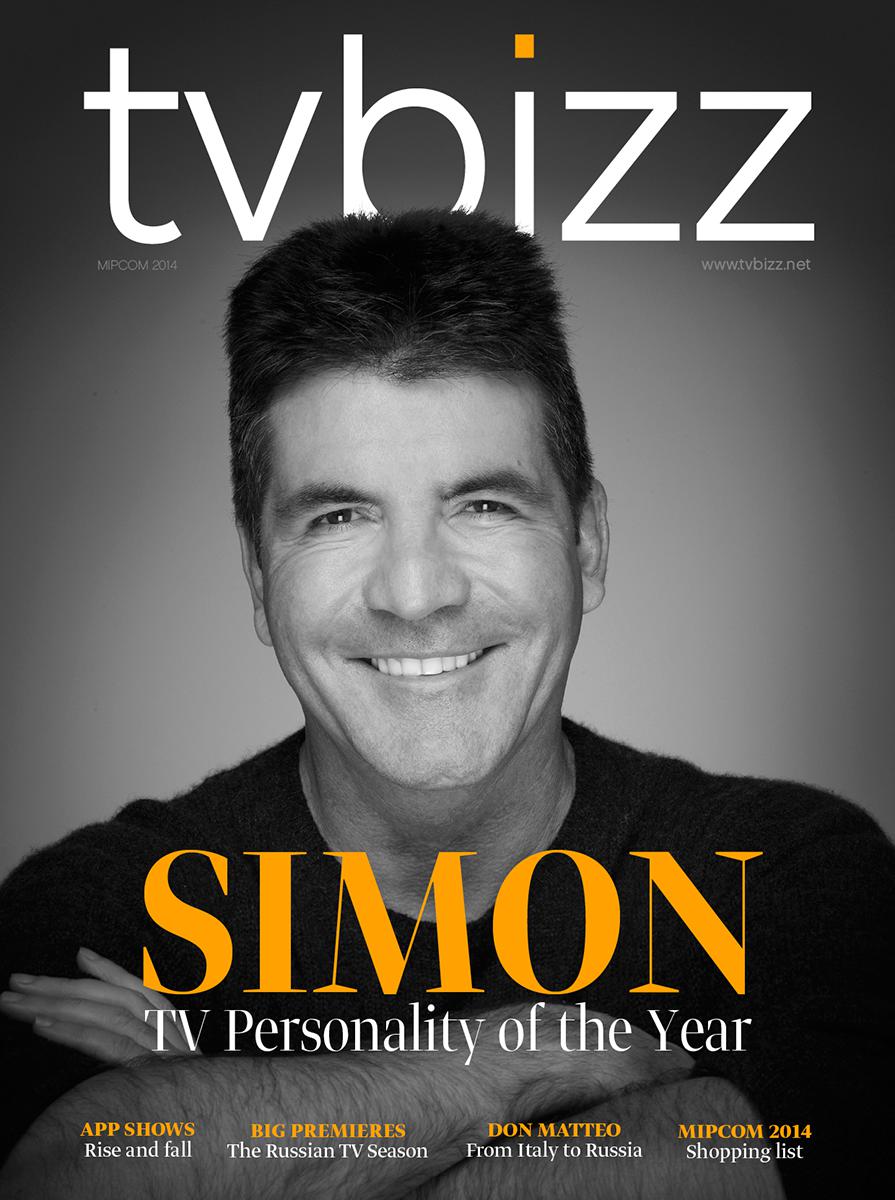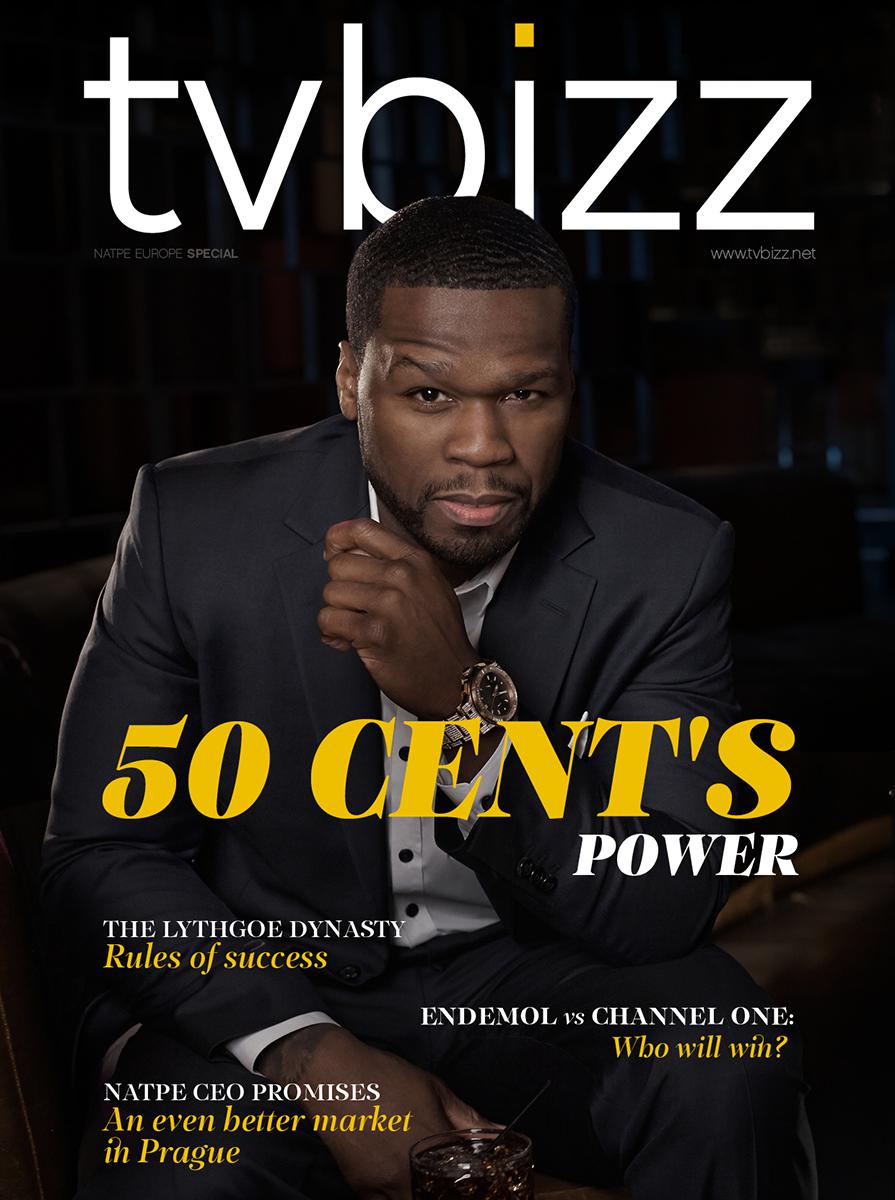The Qwest TV Story, SVOD, and All That Jazz
The SVOD universe is expanding fast with a multitude of services launching globally with a focus on various genres and interests feeding users around the planet with the content they love and they are ready to pay for.
Streaming literally saved the global music business from the slump and according to Nielsen data for 2016 helped the industry post its highest growth in twenty years (+5.9%), as streaming revenue jumped 60.4% in one year. The market was worth $15.7 billion which is close to the 2009 levels and nearly 8 billion less than what the music companies made in 1999 but still up a billion from 2014’s $14.3 billion. It is not clear how much of these sales were generated by jazz which in 2014 was named the least popular genre in the U.S. representing just 1.4% of the total music consumption with total annual sales of 11 million albums.
Still, these numbers did not discourage the founders of Qwest TV, music legend Quincy Jones and Reza Ackbaraly, to launch the first SVOD platform for jazz lovers around the world. As Reza tells Iliyan Stoychev, success has been with them since they came up with the idea for Qwest TV which was officially launched in December last year.
Streaming literally saved the global music business from the slump and according to Nielsen data for 2016 helped the industry post its highest growth in twenty years (+5.9%), as streaming revenue jumped 60.4% in one year. The market was worth $15.7 billion which is close to the 2009 levels and nearly 8 billion less than what the music companies made in 1999 but still up a billion from 2014’s $14.3 billion. It is not clear how much of these sales were generated by jazz which in 2014 was named the least popular genre in the U.S. representing just 1.4% of the total music consumption with total annual sales of 11 million albums.
Still, these numbers did not discourage the founders of Qwest TV, music legend Quincy Jones and Reza Ackbaraly, to launch the first SVOD platform for jazz lovers around the world. As Reza tells Iliyan Stoychev, success has been with them since they came up with the idea for Qwest TV which was officially launched in December last year.
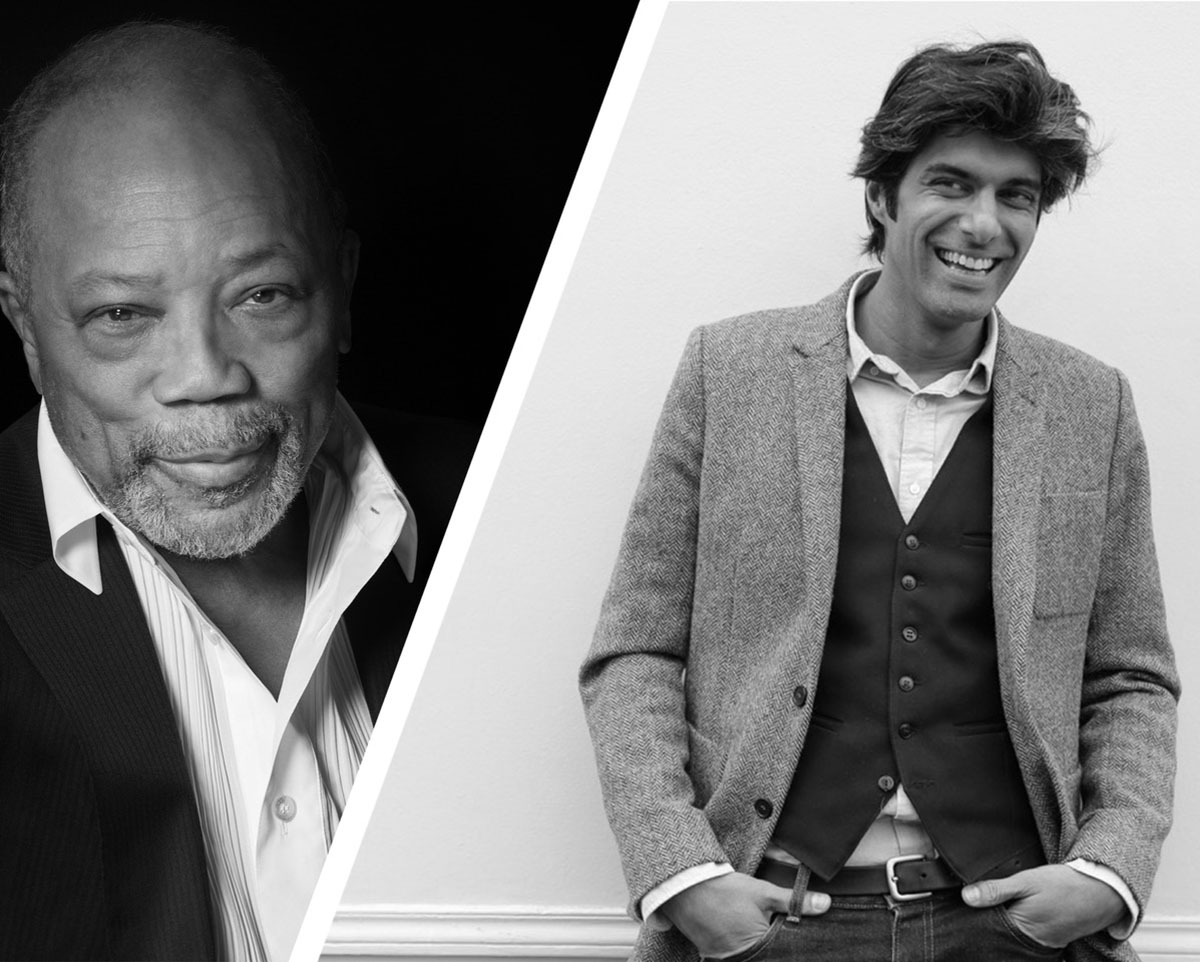
Quincy Jones and Reza Ackbaraly, founders of Qwest TV
Reza, let’s start from the very beginning. How was the idea for Qwest TV born? What is the story?
It comes with the revolution by Netflix for series and movies. It’s basically SVOD, which is subscription on demand, and you pay a monthly or annual fee. Right now in the U.S. there is a big phenomenon called ‘cord cutting’, many people are cutting down their cable or satellite subscription to build their own à la carte offer, which is highly related to thematic channels. I am a big fan of music, I used to be in charge of Mezzo TV programming (on jazz and world music sides). I did that for twelve years, and during that time I was already thinking vertical, i.e. thematic channels. I knew, and still do now, there are numerous documentaries, concerts, archives within various TV channels and production companies’ catalogs that had a one late night broadcast on TV in one specific country, and that are not available anymore. Thus, the idea was to take advantage of this great content and produce new content through a vertical system like SVOD. That is for the technical part. And of course, for the music part, the brain wave came when I met Quincy Jones.
How do you know Quincy Jones and who first approached the other for this project? How did you come up with the name Qwest?
I met Quincy Jones in 2014 at Jazz à Vienne Festival where I take also part in the programming. I was still working at Mezzo (he used to be a big fan of the channel) and we quickly started to talk. He is a very techy person, he is very curious and knows a lot about what is happening today in the industry, all the streaming services (Spotify etc.) and new digital challenges. I remember he said: “Why don’t we launch a specific channel dedicated to musicians and that kind of music?”. There are thousands of channels in the U.S. but not one focusing on these topics – musicians, jazz, and jazz-inspired music. That is what made us jump on the project.
The key behind the name Qwest is of course Qwest Records by Mr. Quincy Jones. A wonderful label where he signed Frank Sinatra, George Benson...lots of incredible artists. When we came with this idea of putting together an SVOD platform, I suggested “Why don’t we call it Qwest TV?”. To me it was an elegant way to highlight the presence of Mr. Jones without mentioning his name upfront. Moreover, in terms of aesthetic and artistic direction, we are on the same page as Qwest Records. We know Quincy for his tremendous work in the pop world, but he is the man of jazz roots. He is the one who worked with Sarah Vaughan, Ella Fitzgerald, he has played with everybody, in fact he is the embodiment of this claim “From bebop to laptop”. I like to say this because it’s a reference to one of the shows he did at the Montreux Festival in 1994. It was around (and to celebrate) the release of his album “Back on the Block”, a record where he gathered jazz and African musicians, and also hip-hop artists. At that time, the claim was “From bebop to hip hop”. When I met him in 2014, I told him “What about from bebop to laptop” because nowadays all the artists are using electronic devices in their music, and Qwest TV is all about that. It’s jazz and beyond: soul, funk, world music, all the good music from everywhere in the world.
In September 2017, you made your first campaign – recruiting 1.500 co-founders/subscribers for the service on Kickstarter. This was a very innovative approach to launch the service. Were you satisfied with the results and the reactions?
It was a crazy experience. It was one month long, and it was more like a pre-subscription campaign rather than crowd-funding. The idea was to pre-sell subscriptions in order to try – like a test – the idea of a project like that. When you are dealing with something totally new, you never know what is going to happen. You never know if you will have people interested and ready to follow the project. It was a great opportunity to raise people’s attention, get feedback. The reaction was totally amazing, encouraging, we got lots of support not only from music lovers, but also from artists themselves. These included direct messages, shares on social networks, and even free tickets to attend shows, meet and greet, records … They wanted to help to make this real. We have had over a thousand people who pledged, we nearly doubled our financial target. And the beautiful thing is that we have observed the birth of a community of music lovers from all over the world. This was actually the very target of Qwest TV, to create this community. Those pre-subscribers are co-founders, from 47 countries. The main countries are France, U.S., Brazil, Australia, South Africa, UK, Switzerland. Once we succeeded in this campaign, I could feel like “Okay, now we have people expecting a service like this, let’s make it happen”.
What could entice people to subscribe to Qwest? Do you have a target number of subscribers that will make Qwest a successful venture?
During the campaign, a thousand people backed the project, among those 800 took a pre-subscription package. We officially launched on December 15, 2017 and today we have 1.700 subscribers, thus 900 more without any marketing. Our target is to reach 15.000 subscribers within the next 18 months. What’s driving the growth is the quality of content. It’s not about converting the world to jazz. We are like a gastronomic restaurant. Short menu reshaped constantly with the most fresh and finest products. What matters is high quality programs in HD, with good curation, and to have a good, close relationship to our audience.
Qwest TV is currently available in English and French. Is the service available worldwide and will there be other language versions? And can you reveal: which country brings the most Qwest subscribers?
We are close to have a Japanese version of Qwest TV. We need to find the right partner to work with. The next languages will be Spanish and German. The countries that bring most subscribers are France, US, UK, Brazil, Germany, Switzerland.
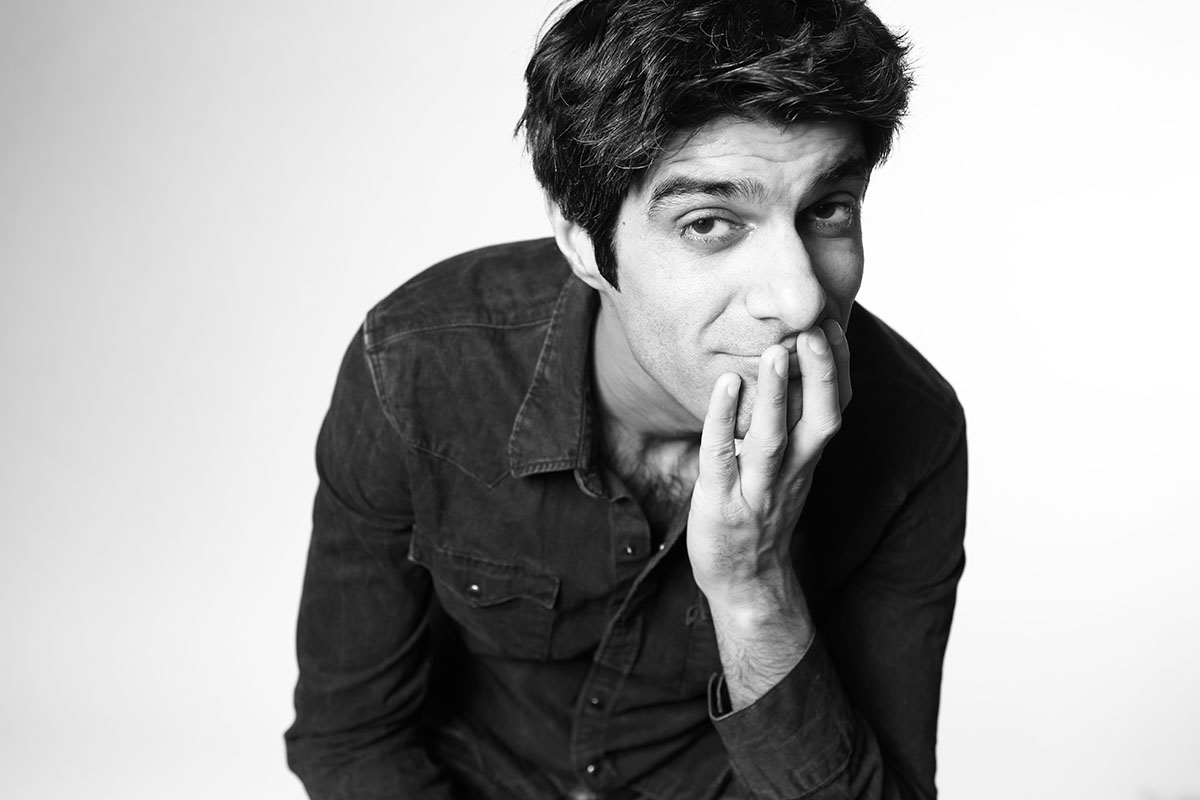
What kind of audience is Qwest TV targeting? Is it only for hardcore jazz lovers or someone else as well?
Qwest TV is for everyone, all the music lovers. Obviously, jazz and world music will be the main topics, hard-core fans will be fulfilled for sure. But Qwest TV’s mission is to be educational, a tool to help non-specialists who sometimes don’t feel at ease or welcome when it comes to these types of music. Qwest TV is based on curation and it’s what makes us different from all other services. When you’re not familiar with jazz and you go on a service to watch something, there are thousands of options, but you don’t know what to look for. At Qwest TV, you will be guided to discover the best content.
Can you tell us more about the content? What is the ratio of concerts, interviews, and documentaries on Qwest? And what portion of the content is jazz-related?
So far, we have more than a hundred programs available on the platform, the target is to have 300 by the end of April 2018. Then we will have one new piece of content a day. The main part is concerts, followed by documentaries - both include exclusives. From live performances in festivals to small jazz clubs. 60% of the content is jazz, 25% world music and the rest are soul, funk, also hip hop.
What is your model for rights and royalties with the content owners?
We are dealing with many producers and distributors all over the world. It does depend on the context. Sometimes, we are co-producing, other times we are licensing content, we can also do revenue sharing. We already have a deal with BMI ASCAP in the U.S., SACEM in France, we are about to find a deal with GEMA in Germany, SABAM in Belgium, we are working with all the main actors in this field.
How important will 2018 be for Qwest TV? What are the plans?
March 14 was Quincy Jones’ 85th birthday and we want to meet the level of excellency he has always shown in each of his works. This year is about expanding our presence through apps, Apple TV, etc.
For almost 13 years you worked at Mezzo TV as Program Manager in charge of jazz and traditional music programming. Is it possible for Qwest TV to extend its offering into classical music in the future?
It’s fairly possible. Our claim is “Journey to jazz and beyond”, if classical music appeals to jazz fans, we can propose classical music. We are already going to show lots of Indian, Arabic, African classical music, classical music from all over the world. European classical music is part of this, so we may talk about it. Chick Corea, Herbie Hancock, Keith Jarret are on Qwest TV and they are big classical music fans, so it is an open option, if the content makes sense to our audience.
Streaming saved the music industry from the decline. How bright is the future of the industry now?
Audio streaming services are doing well, growing revenue shares in the market, it has been contributing to change people’s habits - now people are used to paying for streaming services – as well as in the way they consume cultural products. People don’t need to own things anymore, DVD, CD etc., new technologies have been coming with people’s change of habits, lifestyle. They travel, they move home more often and quicker, they don’t need to carry things they own, and streaming is there to facilitate that. It can only grow bigger. Our asset in this trend is our system of curation. On the internet, you can find millions of pieces of content, it’s unlimited, and now we are sort of victims of this abundance. Our job at Qwest TV is to sort this problematic out and to find the best content for our audience, doing this with our filters. Otherwise it’s a nightmare, it’s too much of everything. The editorial part is our strength.
What other projects are you currently involved in?
I have also been curating Jazz à Vienne Festival for twelve years, a beautiful festival in South of France, close to Lyon. I have been curating a venue in Paris called La Petite Halle. Now also I’m launching a series of programs in North American movie theaters (it’s a network of 1200 theaters) and I am going to curate for them music, mainly jazz, world music, and dance programs. We are bringing that kind of culture to the big screen, it’s a new and very exciting challenge, and Qwest TV will have its own programming there.
It comes with the revolution by Netflix for series and movies. It’s basically SVOD, which is subscription on demand, and you pay a monthly or annual fee. Right now in the U.S. there is a big phenomenon called ‘cord cutting’, many people are cutting down their cable or satellite subscription to build their own à la carte offer, which is highly related to thematic channels. I am a big fan of music, I used to be in charge of Mezzo TV programming (on jazz and world music sides). I did that for twelve years, and during that time I was already thinking vertical, i.e. thematic channels. I knew, and still do now, there are numerous documentaries, concerts, archives within various TV channels and production companies’ catalogs that had a one late night broadcast on TV in one specific country, and that are not available anymore. Thus, the idea was to take advantage of this great content and produce new content through a vertical system like SVOD. That is for the technical part. And of course, for the music part, the brain wave came when I met Quincy Jones.
How do you know Quincy Jones and who first approached the other for this project? How did you come up with the name Qwest?
I met Quincy Jones in 2014 at Jazz à Vienne Festival where I take also part in the programming. I was still working at Mezzo (he used to be a big fan of the channel) and we quickly started to talk. He is a very techy person, he is very curious and knows a lot about what is happening today in the industry, all the streaming services (Spotify etc.) and new digital challenges. I remember he said: “Why don’t we launch a specific channel dedicated to musicians and that kind of music?”. There are thousands of channels in the U.S. but not one focusing on these topics – musicians, jazz, and jazz-inspired music. That is what made us jump on the project.
The key behind the name Qwest is of course Qwest Records by Mr. Quincy Jones. A wonderful label where he signed Frank Sinatra, George Benson...lots of incredible artists. When we came with this idea of putting together an SVOD platform, I suggested “Why don’t we call it Qwest TV?”. To me it was an elegant way to highlight the presence of Mr. Jones without mentioning his name upfront. Moreover, in terms of aesthetic and artistic direction, we are on the same page as Qwest Records. We know Quincy for his tremendous work in the pop world, but he is the man of jazz roots. He is the one who worked with Sarah Vaughan, Ella Fitzgerald, he has played with everybody, in fact he is the embodiment of this claim “From bebop to laptop”. I like to say this because it’s a reference to one of the shows he did at the Montreux Festival in 1994. It was around (and to celebrate) the release of his album “Back on the Block”, a record where he gathered jazz and African musicians, and also hip-hop artists. At that time, the claim was “From bebop to hip hop”. When I met him in 2014, I told him “What about from bebop to laptop” because nowadays all the artists are using electronic devices in their music, and Qwest TV is all about that. It’s jazz and beyond: soul, funk, world music, all the good music from everywhere in the world.
In September 2017, you made your first campaign – recruiting 1.500 co-founders/subscribers for the service on Kickstarter. This was a very innovative approach to launch the service. Were you satisfied with the results and the reactions?
It was a crazy experience. It was one month long, and it was more like a pre-subscription campaign rather than crowd-funding. The idea was to pre-sell subscriptions in order to try – like a test – the idea of a project like that. When you are dealing with something totally new, you never know what is going to happen. You never know if you will have people interested and ready to follow the project. It was a great opportunity to raise people’s attention, get feedback. The reaction was totally amazing, encouraging, we got lots of support not only from music lovers, but also from artists themselves. These included direct messages, shares on social networks, and even free tickets to attend shows, meet and greet, records … They wanted to help to make this real. We have had over a thousand people who pledged, we nearly doubled our financial target. And the beautiful thing is that we have observed the birth of a community of music lovers from all over the world. This was actually the very target of Qwest TV, to create this community. Those pre-subscribers are co-founders, from 47 countries. The main countries are France, U.S., Brazil, Australia, South Africa, UK, Switzerland. Once we succeeded in this campaign, I could feel like “Okay, now we have people expecting a service like this, let’s make it happen”.
What could entice people to subscribe to Qwest? Do you have a target number of subscribers that will make Qwest a successful venture?
During the campaign, a thousand people backed the project, among those 800 took a pre-subscription package. We officially launched on December 15, 2017 and today we have 1.700 subscribers, thus 900 more without any marketing. Our target is to reach 15.000 subscribers within the next 18 months. What’s driving the growth is the quality of content. It’s not about converting the world to jazz. We are like a gastronomic restaurant. Short menu reshaped constantly with the most fresh and finest products. What matters is high quality programs in HD, with good curation, and to have a good, close relationship to our audience.
Qwest TV is currently available in English and French. Is the service available worldwide and will there be other language versions? And can you reveal: which country brings the most Qwest subscribers?
We are close to have a Japanese version of Qwest TV. We need to find the right partner to work with. The next languages will be Spanish and German. The countries that bring most subscribers are France, US, UK, Brazil, Germany, Switzerland.

What kind of audience is Qwest TV targeting? Is it only for hardcore jazz lovers or someone else as well?
Qwest TV is for everyone, all the music lovers. Obviously, jazz and world music will be the main topics, hard-core fans will be fulfilled for sure. But Qwest TV’s mission is to be educational, a tool to help non-specialists who sometimes don’t feel at ease or welcome when it comes to these types of music. Qwest TV is based on curation and it’s what makes us different from all other services. When you’re not familiar with jazz and you go on a service to watch something, there are thousands of options, but you don’t know what to look for. At Qwest TV, you will be guided to discover the best content.
Can you tell us more about the content? What is the ratio of concerts, interviews, and documentaries on Qwest? And what portion of the content is jazz-related?
So far, we have more than a hundred programs available on the platform, the target is to have 300 by the end of April 2018. Then we will have one new piece of content a day. The main part is concerts, followed by documentaries - both include exclusives. From live performances in festivals to small jazz clubs. 60% of the content is jazz, 25% world music and the rest are soul, funk, also hip hop.
What is your model for rights and royalties with the content owners?
We are dealing with many producers and distributors all over the world. It does depend on the context. Sometimes, we are co-producing, other times we are licensing content, we can also do revenue sharing. We already have a deal with BMI ASCAP in the U.S., SACEM in France, we are about to find a deal with GEMA in Germany, SABAM in Belgium, we are working with all the main actors in this field.
How important will 2018 be for Qwest TV? What are the plans?
March 14 was Quincy Jones’ 85th birthday and we want to meet the level of excellency he has always shown in each of his works. This year is about expanding our presence through apps, Apple TV, etc.
For almost 13 years you worked at Mezzo TV as Program Manager in charge of jazz and traditional music programming. Is it possible for Qwest TV to extend its offering into classical music in the future?
It’s fairly possible. Our claim is “Journey to jazz and beyond”, if classical music appeals to jazz fans, we can propose classical music. We are already going to show lots of Indian, Arabic, African classical music, classical music from all over the world. European classical music is part of this, so we may talk about it. Chick Corea, Herbie Hancock, Keith Jarret are on Qwest TV and they are big classical music fans, so it is an open option, if the content makes sense to our audience.
Streaming saved the music industry from the decline. How bright is the future of the industry now?
Audio streaming services are doing well, growing revenue shares in the market, it has been contributing to change people’s habits - now people are used to paying for streaming services – as well as in the way they consume cultural products. People don’t need to own things anymore, DVD, CD etc., new technologies have been coming with people’s change of habits, lifestyle. They travel, they move home more often and quicker, they don’t need to carry things they own, and streaming is there to facilitate that. It can only grow bigger. Our asset in this trend is our system of curation. On the internet, you can find millions of pieces of content, it’s unlimited, and now we are sort of victims of this abundance. Our job at Qwest TV is to sort this problematic out and to find the best content for our audience, doing this with our filters. Otherwise it’s a nightmare, it’s too much of everything. The editorial part is our strength.
What other projects are you currently involved in?
I have also been curating Jazz à Vienne Festival for twelve years, a beautiful festival in South of France, close to Lyon. I have been curating a venue in Paris called La Petite Halle. Now also I’m launching a series of programs in North American movie theaters (it’s a network of 1200 theaters) and I am going to curate for them music, mainly jazz, world music, and dance programs. We are bringing that kind of culture to the big screen, it’s a new and very exciting challenge, and Qwest TV will have its own programming there.
